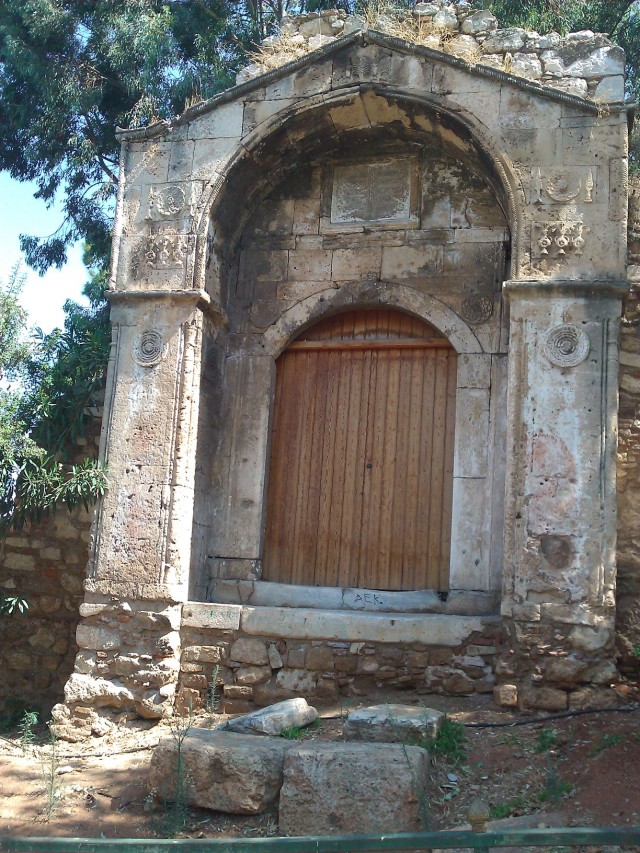(Scroll for English)
Der Gegensatz zwischen Athen und Jerusalem, der Philosophie und dem Glauben, ist seit Tertullian ein Topos der religiösen Literatur. Der Gegensatz zwischen Athen und Samarkand könnte ein Topos der politischen Literatur sein, aber um einen solchen geht es mir hier nicht. Vielmehr liegt es mir daran, auf ein philosophisches Rätsel aus Samarkand hinzuweisen, das gewöhnlich mit dem antiken Griechenland verbunden wird. Ich finde die Samarkand-Version sehr lehrreich und gewissermaßen vorteilhaft.
Nasreddin Hodscha, dem legendären Gelehrten und Witzbold des Ostens soll zu Ohren gekommen sein, dass Tamerlan einen Galgen an einem der Tore Samarkands aufgestellt und befohlen hat, an diesem Galgen sollen nur und alle Lügner gehängt werden. Prompt begibt sich Nasreddin zum besagten Tor bzw. Galgen. Auf die Frage der Wache, was er denn dort suche, antwortet er: “Ich bin gekommen, um gehängt zu werden”. Ein Wächter erwidert befremdet: “Du lügst”.
Wenn Nasreddin lügt, dann muss er gehängt werden. Aber dann ist er tatsächlich gekommen, um gehängt zu werden, was heißt, dass er nicht lügt. Aber wenn er nicht lügt, wird er nicht gehängt. Also lügt er – usw. usf.
Mir erscheint dieses Paradox eine gute Antwort an diese Leute, meistens Mathematiker, die meinen, dass die semantischen Paradoxien einfach Widersprüche sind. Offensichtlich aber kommt im Austausch zwischen Nasreddin und der Wache kein Widerspruch vor.
In Samarkand hatte man also zu und nach Tamerlans Zeit eine Ahnung von Logik, deren Überlieferung immer noch lehrreich ist. Und in Athen gab es Moscheen, deren Überreste man heute noch fotografieren kann.

The opposition between Athens and Jerusalem, Philosophy and faith, has been a very usual topic of religious letters since Tertullian. An opposition between Athens and Samarkand could be a topic in politics but I am not raising this now. I rather intend to draw attention to a philosophical puzzle from Samarkand, one which, however, is much more usually associated with ancient Greece. I think that the version from Samarkand is useful and has some advantages.
The story says that Nasreddin Hodja, the wise and funny protagonist of many oriental stories, heard that Tamerlane ordered that only and all liars should die at the gallows standing at a certain gate of Samarkand. Nasreddin went there to be asked by the guard what was his reason for being there. Nasreddin’s answer was: “I came to be hanged”. The guard assumed: “You are lying”.
If Nasreddin lies, then he must be hanged. But then he really came to be hanged. In this case he does not lie. But if he does not lie, he is not there to be hanged. But then he did lie to the guard after all and has to be hanged – etc. etc.
This paradox is, I think, a good counter-argument to all these logicians, mostly mathematicians, who think that the semantic paradoxes are contradictions. However, no contradiction occurs in the discussion between Nasreddin and the guard.
In Tamerlane’s time and afterwards there was in Samarkand some logic scholarship whose tradition can still be useful. At about the same time in Athens mosques started to be built whose remainings can still be photographed today.







You must be logged in to post a comment.